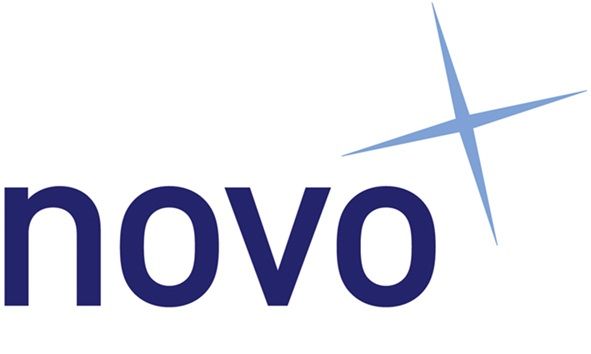So, what are the big HR issues for 2021?

HR teams must make talent acquisition and retention their number one priority this year if they are to thrive. This is according to TrueProfile.io, a leading provider of Primary Source Verification (PSV) services, which says that for HR teams, 2020 was about resilience and adaptability, while the year ahead will be about nurturing and improving.
Alejandro Coca, co-head of TrueProfile.io says “As businesses head into another year of uncertainty, doing everything they can to both retain and attract strong talent is absolutely essential for their success. HR teams therefore have to firmly focus this year on ensuring they have the correct processes and tools in place to empower them to achieve this.”
With this in mind, the key HR trends to embrace through 2021:
Enhancing the candidate experience
The value of a positive candidate experience is priceless, with the flip side of this being that a negative candidate experience can be very damning. This was evidenced by The Virgin Group a few years ago, when it was discovered that its negative experience for unsuccessful candidates was costing the company $5 million annually[1]. This demonstrates the importance of ensuring every individual that comes into contact with your business has a positive one.
HR technology being human-centric, allows employers to communicate with their candidates efficiently. Using the right tools enables recruiters to simplify and streamline processes without compromising on quality. It also allows a candidate to give recruiters valuable feedback on the process and whether it needs to be amended or not. As the world, technology, and how we work evolves, there’s no perfect process that will stand the test of time. However, implementing valuable candidate feedback for iterations of your hiring process is not to be underestimated, or it could cost your company dearly.
Remote recruiting and onboarding
In-person interviews may feel like a long-forgotten process, but the end goal of getting the perfect candidate in the right role is ever-present.
Video conferencing exploded last year in response to lockdowns, quarantine and shared workspace closures, and technology became central to our day-to-day lives as we figured out how to optimise our processes from home. Traditionally in-person activities, the HR industry can now recruit, interview, screen, onboard and assess candidates and employees remotely.
As a year for adapting to technology to streamline our work, state-of-the-art recruitment tools allow recruiters to source candidates from pre-verified pools of niche talent, cutting time-to-hire down and speeding up processes. In response to global healthcare shortages, being able to quickly hire healthcare professionals from overseas, at short notice, is paramount.
Stepping back into the workspace
Many industries do not have the luxury of working from home. Healthcare, retail, and manufacturing are just some industries where working-from-home full-time isn’t an option. What can HR do to ensure that these professionals can work in a safe, productive and supportive environment now and in the future?
With the high-level of caution associated with venturing outside the home these days, employees are naturally concerned about their health, the health of those they come in contact with at work, and those they spend time with outside of work. Having strict protocols and measures in place allows employees to feel safer in their environment. Implementing social distancing, supplying PPE and practicing regular workspace disinfection are just some of the ways that employers can make their staff feel comfortable as they work.
Hiring internationally
The digital age has given recruiters access to broader pools of talent from overseas. This is particularly relevant to the global shortage of healthcare staff this year. For remote recruiting, video tools have been helpful to conduct interviews and meetings. But speaking with candidates via video calls doesn’t necessarily give human resources the full picture. Geography borders can cause concern within the hiring process.
The prevalence of document and identity fraud, exaggerated credentials, diploma mills and forgery means that up to 50% of job applicants may be unqualified for their roles.
Recruiters are embracing state-of-the-art verification tools to weed out fraudulent applications from their international hiring process. If you think you’ve found the perfect employee that you want to relocate, it’s essential to have their credentials, documents, and academic qualifications verified in advance.
Embracing HR technology
Due to the COVID-19 crisis, the world has begun to rely heavily on technology, more so than we previously did. The development of digital products and services this year alone has been at the forefront of allowing the world to stay connected and for companies to streamline their new working processes.
Alejandro adds: “Much was learnt throughout 2020 and it was astonishing to see how businesses adapted so rapidly. Now that these businesses have the foundations for coping with crises, they can now use what they learnt last year to look to the future. HR is critical to this and helping to build a successful future.”
Originally published on The HR Director, https://www.thehrdirector.com/business-news/hr_in_business/hrs-key-considerations-for-the-year-ahead/












